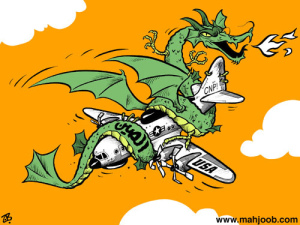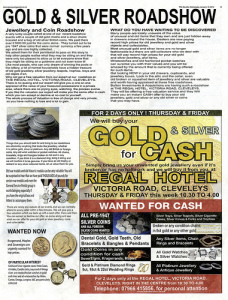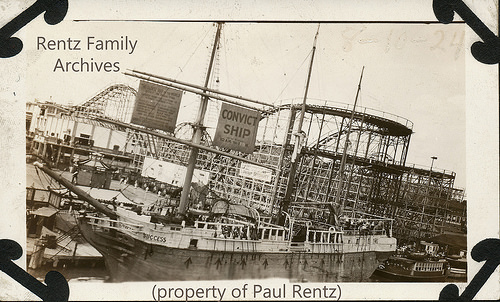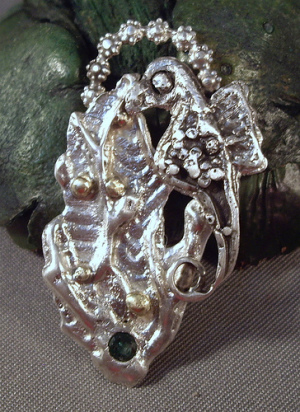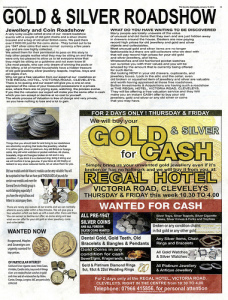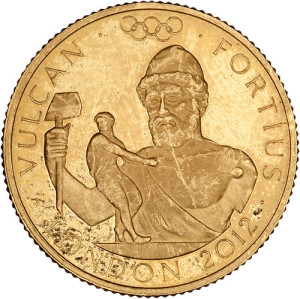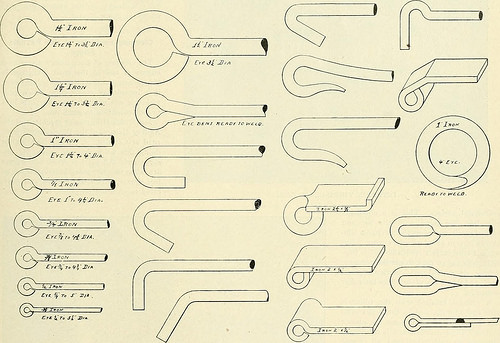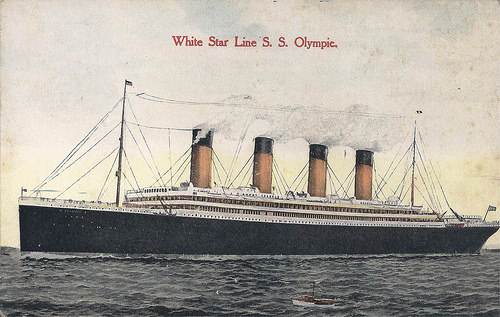Even as investors in advanced markets finally realize that their governments are willing to sacrifice their the value of their currencies to maintain competitive advantage over other countries attempting to grow their way out of debt, a similar moment of clarity is dawning on their Asian counterparts. Although economic growth in most emerging market countries […]
Read More...
Even as investors in advanced markets finally realize that their governments are willing to sacrifice their the value of their currencies to maintain competitive advantage over other countries attempting to grow their way out of debt, a similar moment of clarity is dawning on their Asian counterparts.
Although economic growth in most emerging market countries has continued at a blistering pace whilst it has faltered in the so-called developed economies, investors in those countries face similar challenges when it comes to preserving their wealth.
Economic growth in China is slated to reach 10% whilst countries like Thailand, Malaysia, Indonesia and others, are set to post rates that the US, UK, Germany or Japan would die for. Unfortunately, growth at this level carries a price tag that many investors baulk at paying. That price is inflation. An analyst at Continental-Trade said, Several emerging market economies are running away with the ball in terms of growth but this is as a result of extremely accommodative monetary policy. Theyve kept interest rates at low levels to help stimulate their economies which were hit hard during the credit crunch and the ensuing global recession but, although things look rosy at the moment, the fact is that they are overheating.
Normally, when an economy shows signs of overheating, the countrys central bank will raise interest rates in order to cool economic activity but there is little that can be considered normal in the current global economy. One Continental-Trade spokesperson said, With the Americans, British, Europeans and Japanese intent on pursuing policies towards their currencies that can, at best, be described as benign neglect, emerging economies are finding that they must keep their currencies weak too or risk losing competitiveness. This is leading many Asian investors to the safety of gold.
Truth be told, gold has always been considered a store of wealth and value by most Asians whereas, in advanced economies, the yellow metal has been disparaged as nothing more than a throwback to far less sophisticated monetary systems; often by those with a vested interest in maintaining the fractional reserve banking status quo. The Chinese, Indians, Thais and others, however, still regard gold with considerable reverence and, as the Continental-Trade spokesperson remarked, Who cares what the ever-so-sophisticated bankers think about gold? The wealth is in Asia now.
Although economic growth in most emerging market countries has continued at a blistering pace whilst it has faltered in the so-called developed economies, investors in those countries face similar challenges when it comes to preserving their wealth.
Economic growth in China is slated to reach 10% whilst countries like Thailand, Malaysia, Indonesia and others, are set to post rates that the US, UK, Germany or Japan would die for. Unfortunately, growth at this level carries a price tag that many investors baulk at paying. That price is inflation. An analyst at Continental-Trade said, Several emerging market economies are running away with the ball in terms of growth but this is as a result of extremely accommodative monetary policy. Theyve kept interest rates at low levels to help stimulate their economies which were hit hard during the credit crunch and the ensuing global recession but, although things look rosy at the moment, the fact is that they are overheating.
Normally, when an economy shows signs of overheating, the countrys central bank will raise interest rates in order to cool economic activity but there is little that can be considered normal in the current global economy. One Continental-Trade spokesperson said, With the Americans, British, Europeans and Japanese intent on pursuing policies towards their currencies that can, at best, be described as benign neglect, emerging economies are finding that they must keep their currencies weak too or risk losing competitiveness. This is leading many Asian investors to the safety of gold.
Truth be told, gold has always been considered a store of wealth and value by most Asians whereas, in advanced economies, the yellow metal has been disparaged as nothing more than a throwback to far less sophisticated monetary systems; often by those with a vested interest in maintaining the fractional reserve banking status quo. The Chinese, Indians, Thais and others, however, still regard gold with considerable reverence and, as the Continental-Trade spokesperson remarked, Who cares what the ever-so-sophisticated bankers think about gold? The wealth is in Asia now.
Related Posts
-
 How to Determine Your Scrap Gold’s Value
The majority of individuals do not understand they have the facility to generate money
How to Determine Your Scrap Gold’s Value
The majority of individuals do not understand they have the facility to generate money -
 Where Can I
Graduate school scholarships are readily available for you; all you need to do is
Where Can I
Graduate school scholarships are readily available for you; all you need to do is -
 What’s the Difference Between 10K, 14K, 18K and 24K Gold Jewelry?
Gold jewelry is an asset for the buyer, or in the event where it
What’s the Difference Between 10K, 14K, 18K and 24K Gold Jewelry?
Gold jewelry is an asset for the buyer, or in the event where it -
 Selling Your Scrap Car
While many of us do have a tendency to get attached to our old
Selling Your Scrap Car
While many of us do have a tendency to get attached to our old -
 Scrap my Car
Have you ever just thought ‘I should scrap my car’? Well you’re not the
Scrap my Car
Have you ever just thought ‘I should scrap my car’? Well you’re not the -
 How to Melt Scrap Gold
Gold is one of the world’s precious metals. It is used in numerous countries
How to Melt Scrap Gold
Gold is one of the world’s precious metals. It is used in numerous countries -
 Are You Looking For the Best Gold Buyers
Today Gold Prices are almost touching the skies. If you are planning to
Are You Looking For the Best Gold Buyers
Today Gold Prices are almost touching the skies. If you are planning to -
 Learning About Selling Gold
Not only are the markets in the U.S. starting to look very shaky, but
Learning About Selling Gold
Not only are the markets in the U.S. starting to look very shaky, but

